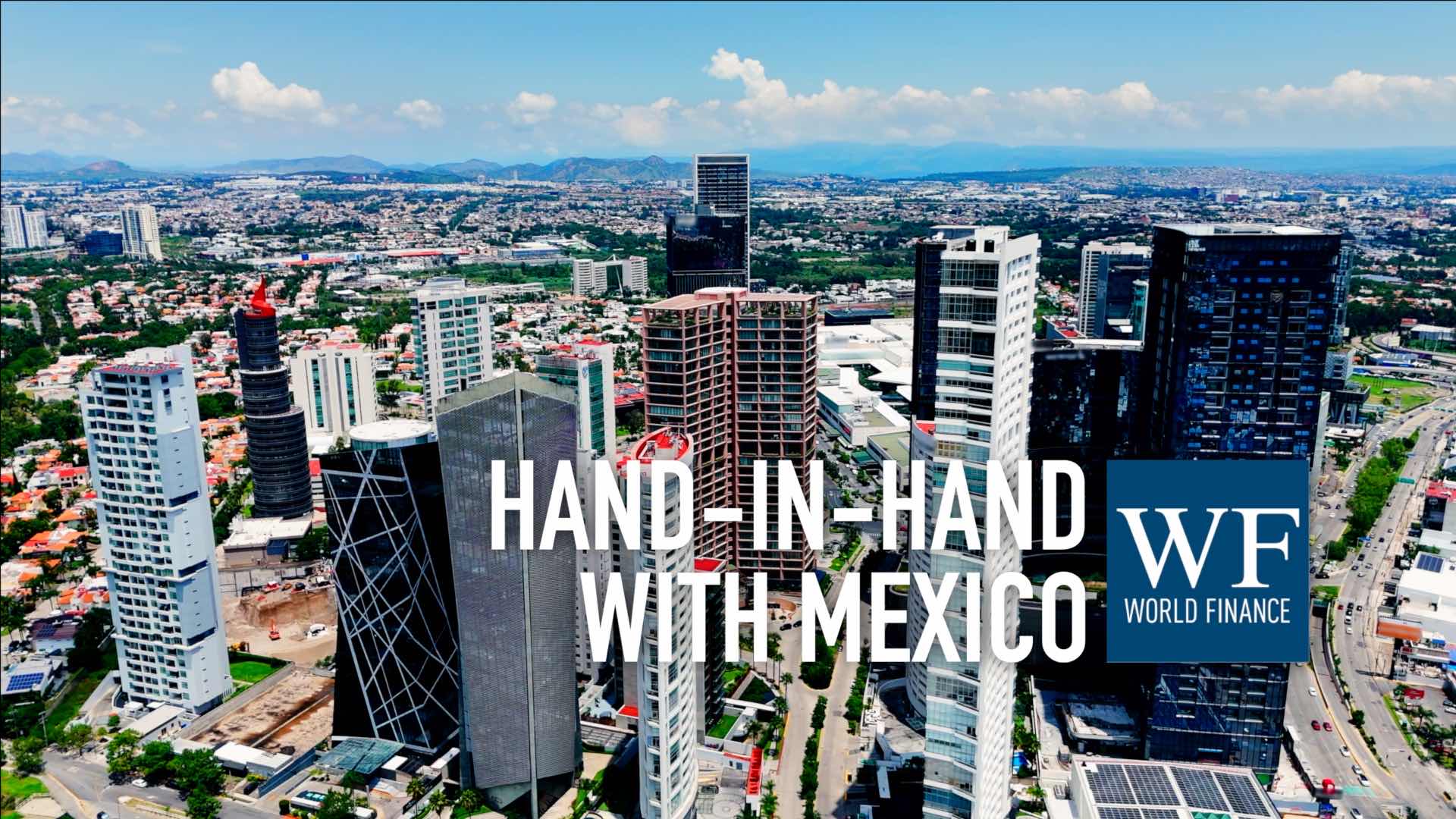Prime Minister Daniel Kablan Duncan on the Henri Konan Bedie bridge | Cote d’Ivoire | Video
World Finance interviews Ivory Coast Prime Minister Daniel Kablan Duncan on what the new Henri Konan Bedie toll bridge means for Cote d'Ivoire's infrastructure and economy
Related:
Transcript
The Henri Konan Bedie toll bridge, named after Cote d’Ivoire’s former leader who was ousted from power in 1999, is the focal point of the country’s reconstruction project. Prime Minister and Minister of Economy and Finance Daniel Kablan Duncan explains what the project means for Cote d’Ivoire, the unique challenges presented by developing PPPs in times of conflict, and the future for private investment in the country.
World Finance: What does this project mean for Côte d’Ivoire?
Daniel Kablan Duncan: For those who know Abidjan, which is the economic capital of Côte d’Ivoire, we have two bridges, one called Houphouët-Boigny built in 1954, and the second called Charles de Gaulle built in 1967. These two bridges link the northern part of Abidjan to the southern part. In the southern part of Abidjan you have the port and also the airport, so these links are really important, not only for Côte d’Ivoire, but also for the sub-region. But we have more than 200,000 vehicles crossing the two bridges each day. So it is not sufficient to have two bridges, that’s why we need a third bridge.
World Finance: This project was developed even through times of conflict. What have been the challenges?
Daniel Kablan Duncan: Côte d’Ivoire was a stable country from 1960, the year of independence, until 1999 when we had a military coup. We had the election in October 2010, but since then we have some difficulties because the former president did not want to quit. Finally we obtained President Ouattara to come into office in April 2011. This project was in mind since the mid-90s. It is 1.5km over the lagoon and more than 5.7km of roads linking the bridge and the other parts of the city of Abidjan. So it was a challenge because we had to come back again, and with privately managed projects. And the amount was also important, it was about €269mn, and because of the situation it was difficult to have a BOT(?), so the government had to take part of it, that’s the reason why it’s a PPP.
World Finance: What were the social and environmental impacts of the project?
Daniel Kablan Duncan: There were 6.7km of works to be done, and so we had to move some people from there. And in 1998, the government paid $10mn to compensate the people who had to move out. But because of the difficult situation in Côte d’Ivoire, the bridge was not built and we had to do it again. But the people went back to the place. So we had to move them out again, and also to pay back again, but we had to do it in a short period of three months. We will finish it on December 27 of next year. That will be important because, apart from the bridge, we’ll have an internal change of the three level platform in the centre of Abidjan.
World Finance: The bridge is part of the country’s reconstruction project. How is it bolstering the country’s economy?
Daniel Kablan Duncan: Job creation, partnership with the private sector, but also the opening of possibilities for other PPPs in Côte d’Ivoire.
World Finance: And in terms of the opportunities for investors?
Daniel Kablan Duncan: There is some possibility for the future. Not only for the construction firms, but also for the financial institutions. For example, when we met in Paris in December of last year, the World Bank, through the IFC and MIGA, decided to finance $700mn in Côte d’Ivoire for five years, just two years after we have already used the same amount, so they have decided to double the amount for the future, and so there are more and more investments in Côte d’Ivoire
World Finance: And finally, how do you see the country developing?
Daniel Kablan Duncan: The economic development is on the way. After the crisis, last year in 2012 GDP increased by 9.8 percent. This year will reach nine percent, but we hope that we will reach double digit growth by next year, in 2014. But the main ambition of the President is to turn this country into an emerging market by 2020. Within 7 years is not a long time, but we can achieve it because there are very important possibilities in Côte d’Ivoire, in the agricultural sector for instance. You may know Côte d’Ivoire is the world’s largest producer of cocoa, used to produce chocolate of course, and we are the world’s largest exporter of cashew nuts for instance, and we also produce pineapples, bananas and so on. But the other sectors which are important for growth are mining and oil. We found iron ore in the western part of Cote D’Ivoire, we have 4mn tons. We have oil in the deep sea, and we produce gas too. We used to produce electricity as well, but also we have found a new mineral called schelium. It is used in the aerospace sector, and we have been told that we have the biggest deposit here, so we have some possibilities in the area. But also we are trying to improve the sector for services, like the ports, and the aerocity which is a $2bn project that can help Abidjan to be the hub of this evolution.
World Finance: Mr Prime Minister, thank you very much for you time.
Daniel Kablan Duncan: Thank you again, thank you.

 Banco Popular Dominicano: Digitalising Dominican finance
Banco Popular Dominicano: Digitalising Dominican finance Banorte: Growing together, growing with Mexico, growing with you
Banorte: Growing together, growing with Mexico, growing with you
